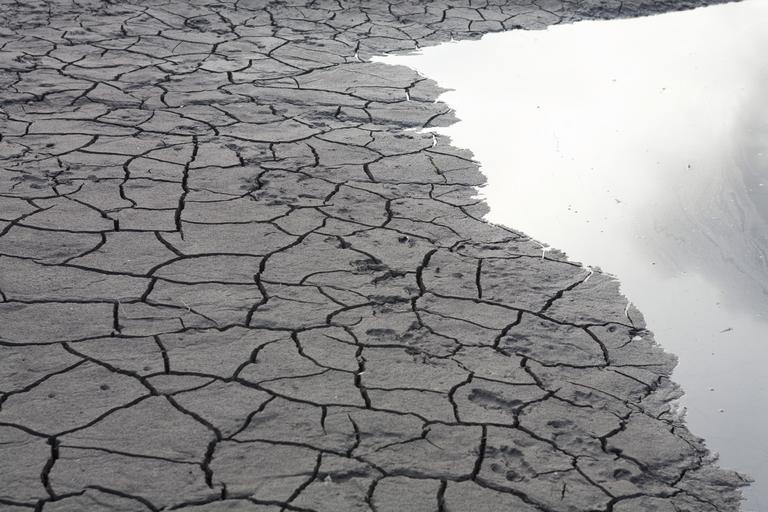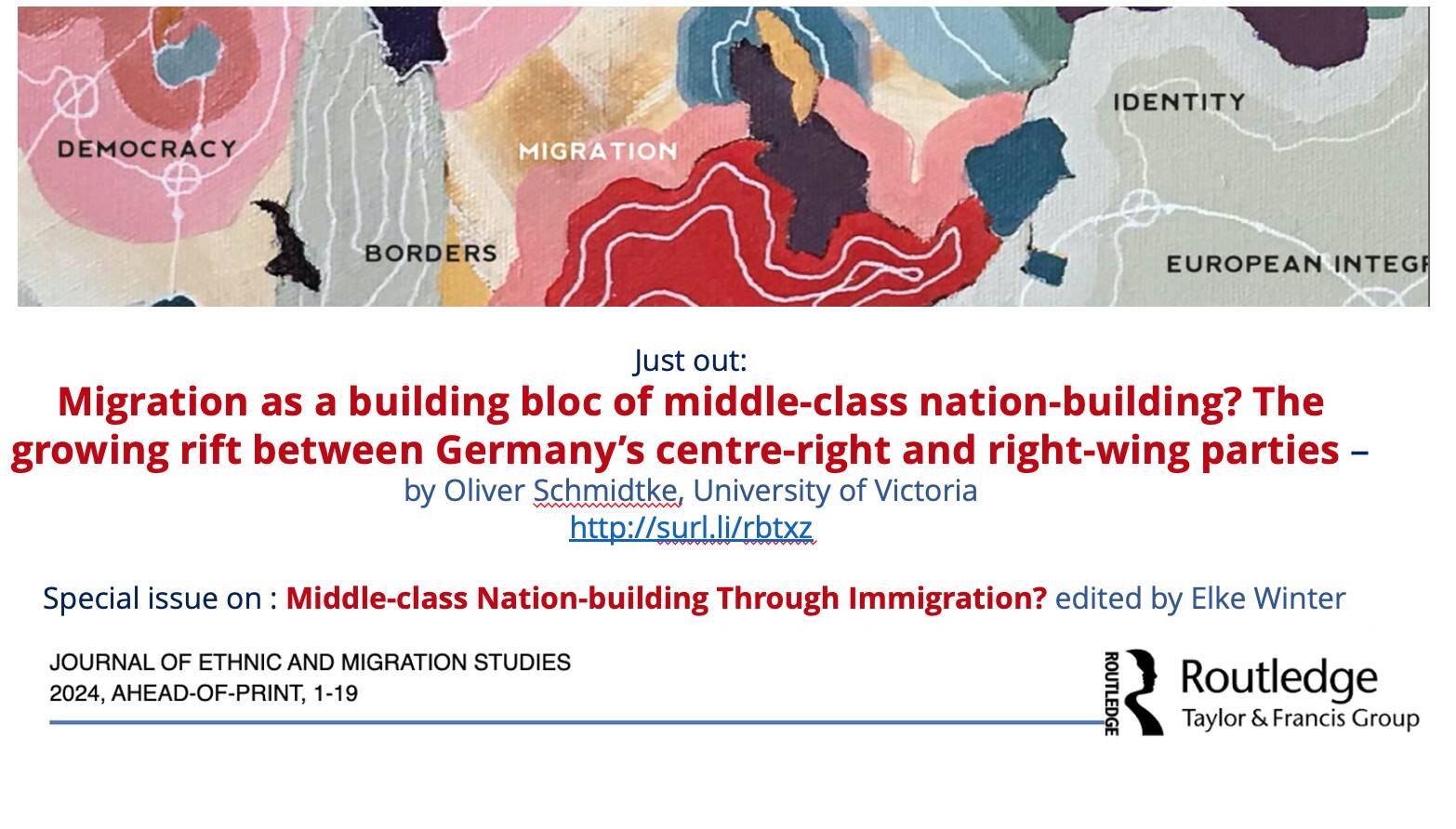Do Environmental Refugees or Migrants Have a Greater Right to Safety and Relocation?, by Sarah Grunert
By Sarah Grunert, student at the Political Science Department at the University of Victoria
Do environmental refugees or migrants have a greater right to safety and relocation? The positivist would argue that because science can observe natural disasters and climate change that there is realistic necessity for groups to relocate due to accelerated environmental change. Despite persistent protest by some individual countries that climate change is a lie, the fact remains that science is saying otherwise. Science has proven the existence of increased drought prevalence, heightened soil acidity in farming regions, or rising sea levels near to coastal towns. These changes put certain populations of people at risk, especially in developing countries that may not have the resources to combat climate change. These are not social constructs or individual truths, but facts.
Let us not be mistaken: There can be facts proving the necessity for people to relocate due to war or poor quality of life that are collected with positivist methods. While it is grim, you can turn body counts into statistical evidence supporting refugee claims. However, there is always concern that individual states may be covering up that sort of evidence, particularly if there is state-involvement behind the reasons for emigration. Similar to denials of climate change, there can be denials of genocide and civil war.
Environmental migration also falls on a strange and fine line between economic (or voluntary) and forced migration. Arguments can easily be made from each side, both for and against environmental migration. On one hand, if environmental changes create such havoc that there is no realistic way for people to survive, then they could declare they were forced from their lands. But others may claim that environmental degradation made some careers impossible to sustain and therefore left to seek employment elsewhere, which could fall under the title of voluntary. There is also the hypothetical question of what if a population is forced from their nation or territory because other outsiders are taking over the land to survive on their own right? Creating a native of who is eligible for refugee claims may be made even more difficult by the fact that there is no singular person or group to blame. Everyone is in some way, shape or form party to climate change.
So we return to the initial question: If there is greater proof that there is reasoning for these immigrants to exist, should that not mean there is greater international support for and acceptance of them? Is it not a collective responsibility to support environmentally displaced people, when every country around the world could be blamed in some part for climate change? Creating a discourse that accepts the legitimacy of environmental refugees will likely prove easier said than done once, especially when you begin to take factors like resource supply and nationalism into account. Water wars are all hypothetical fun and games now, but blindly ignoring their potential is just ignorant.











Leave a Reply
Want to join the discussion?Feel free to contribute!